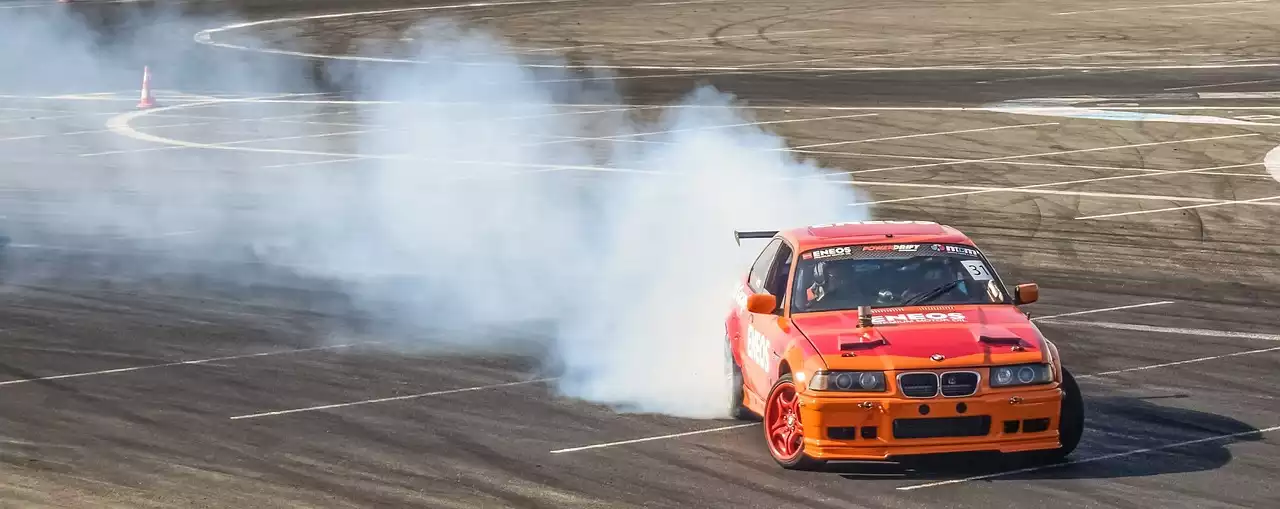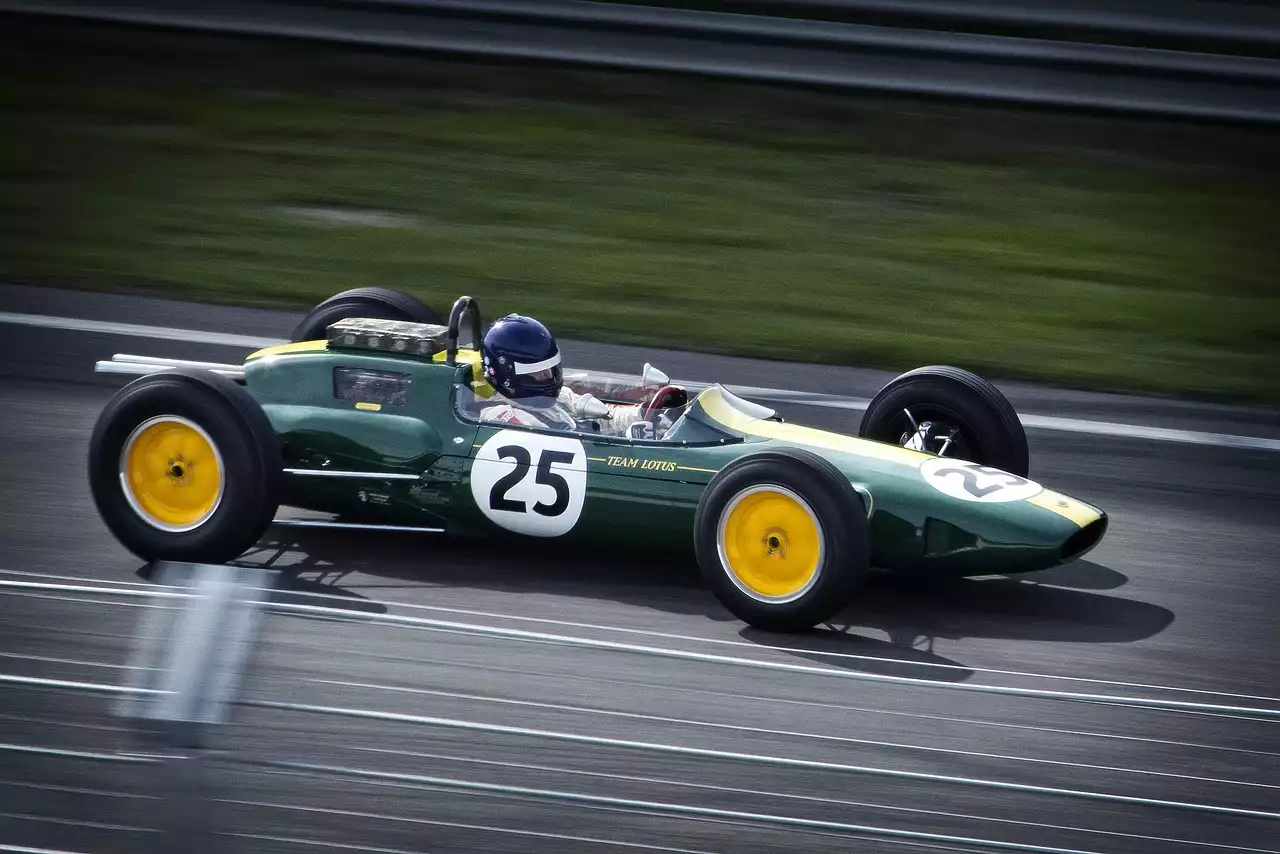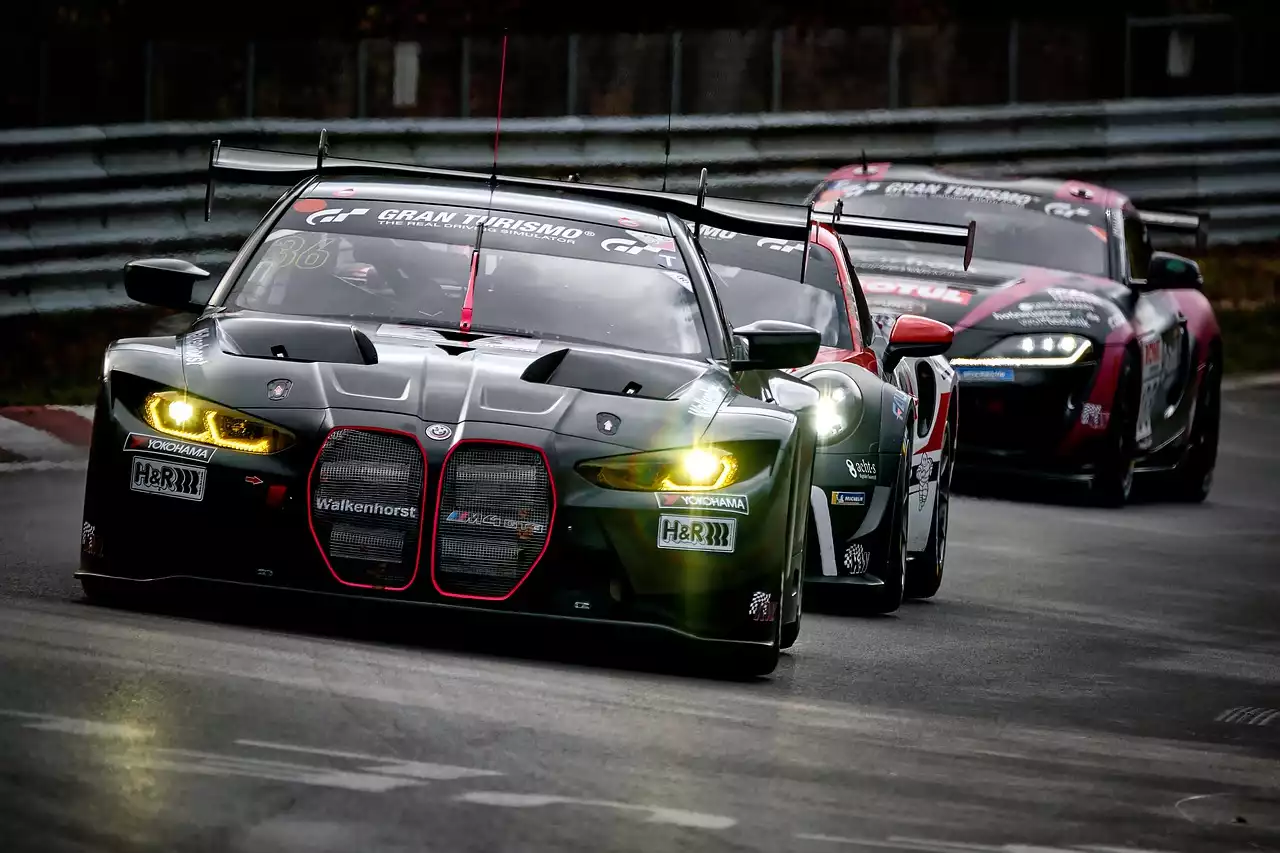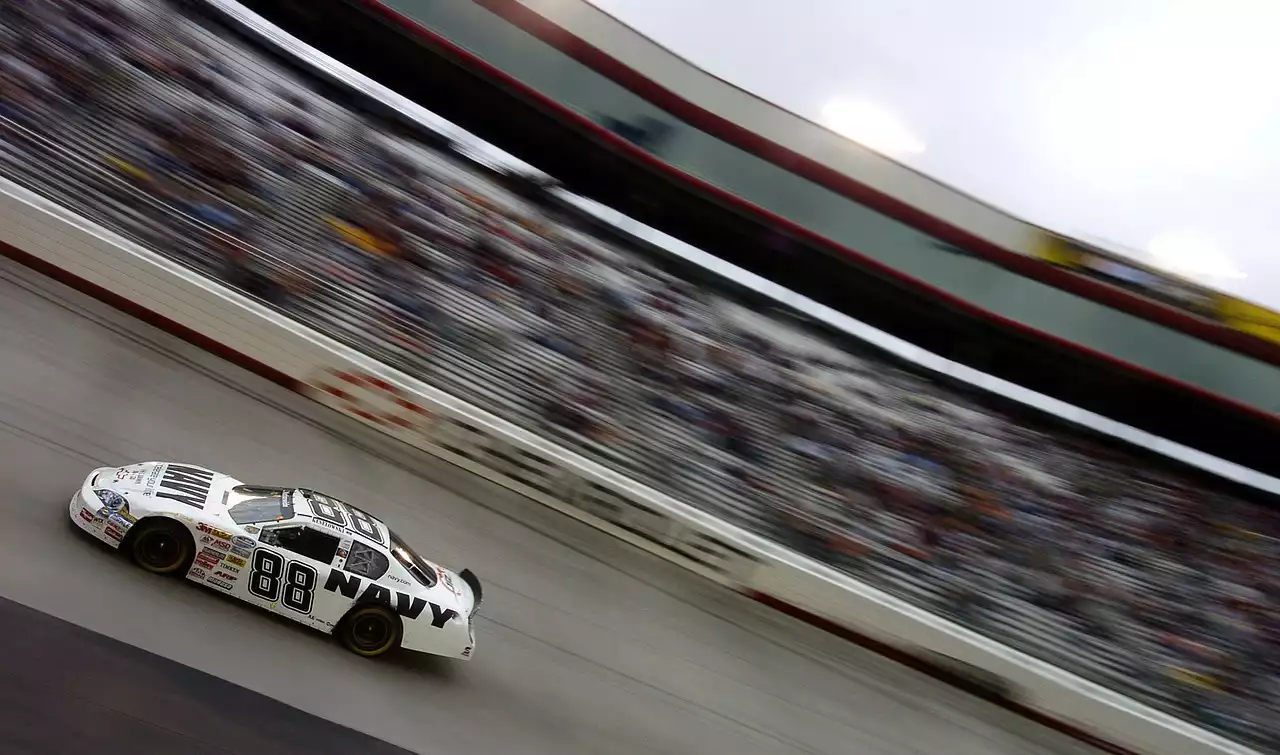History of Bristol Motor Speedway
Bristol Motor Speedway has a rich history dating back to its opening in 1961. Originally a half-mile dirt track, it was paved in 1969, and its current configuration of a .533-mile concrete oval was established in 1978. The track was built by Larry Carrier, a local businessman who had a vision of creating a premier racing destination in the heart of the Appalachian Mountains. Today, Bristol Motor Speedway is owned and operated by Speedway Motorsports Inc., one of the largest operators of motorsports facilities in the United States.
Over the years, Bristol Motor Speedway has undergone numerous renovations and upgrades to enhance the fan experience and improve safety. In 2007, a new scoring tower was erected, and the track was repaved in 2012. The following year, the track underwent a massive transformation with the addition of a new infield, complete with a state-of-the-art media center, garages, and hospitality areas.
Bristol Motor Speedway's Unique Features
One of the most unique features of Bristol Motor Speedway is its high banks, which rise to a staggering 30 degrees in some areas. This creates a challenging and exciting track for drivers, who must navigate the tight turns and steep inclines at high speeds. The track's short length also adds to the excitement, with lap times averaging around 15 seconds. This means that drivers are constantly battling for position and jockeying for space on the track.
Another notable feature of Bristol Motor Speedway is its proximity to the fans. The track's seating capacity of over 160,000 means that fans are always close to the action, with many seats offering unobstructed views of the entire track. This creates a unique atmosphere that is unrivaled by other NASCAR venues, with fans cheering on their favorite drivers and soaking up the excitement of the race.
Famous Races at Bristol Motor Speedway
Bristol Motor Speedway has hosted some of the most memorable races in NASCAR history. One of the most famous is the 1999 Goody's Headache Powder 500, which saw Dale Earnhardt and Terry Labonte battling for the lead on the final lap. Earnhardt famously spun out Labonte to take the win, sparking controversy and debate among fans and drivers alike.
Another iconic Bristol race is the 1995 Food City 500, which featured a thrilling last-lap battle between Rusty Wallace and Dale Earnhardt. After trading paint and rubbing fenders for the entire race, Wallace emerged victorious, edging out Earnhardt by just .12 seconds at the finish line.
In recent years, Bristol Motor Speedway has also become known for its night races, which add an extra level of excitement to the already-thrilling track. The Bristol Night Race, also known as the Bass Pro Shops NRA Night Race, is one of the most highly anticipated events on the NASCAR calendar, drawing fans from across the country to witness the high-speed action under the lights.
Drivers Who Have Excelled at Bristol Motor Speedway
Bristol Motor Speedway is a track that requires skill, patience, and a bit of luck to navigate successfully. Over the years, some of the sport's greatest drivers have excelled at Bristol, earning multiple wins and cementing their status as legends of the sport.
One of the most successful drivers at Bristol Motor Speedway is Darrell Waltrip, who won 12 races at the track during his career. Waltrip, a three-time NASCAR Cup Series champion, was known for his aggressive driving style and his ability to master the challenging Bristol track.
Another driver who has excelled at Bristol is Kyle Busch, who has won a total of eight races at the track. Busch, a two-time Cup Series champion, is known for his speed and his ability to adapt to different track conditions, making him a formidable opponent at Bristol and other NASCAR venues.
Bristol Motor Speedway's Impact on NASCAR
Bristol Motor Speedway has played a significant role in the history of NASCAR, helping to shape the sport into what it is today. The track's unique layout and challenging conditions have made it a favorite among drivers and fans alike, and its high-speed action and close racing have become synonymous with the NASCAR brand.
In addition to its impact on the sport of NASCAR, Bristol Motor Speedway has also had a significant economic impact on the region. The track draws thousands of visitors each year, generating millions of dollars in revenue for local businesses and creating jobs in the hospitality and tourism industries.
Bristol Motor Speedway's Fan Experience
One of the things that sets Bristol Motor Speedway apart from other NASCAR tracks is its focus on the fan experience. The track offers a range of amenities and activities designed to enhance the race day experience, including interactive displays, live music, and a variety of food and beverage options.
Fans can also take advantage of the track's numerous camping options, with RV and tent camping available on-site. This allows fans to immerse themselves in the race day experience and spend more time at the track, soaking up the excitement and energy of NASCAR racing.
Future Developments at Bristol Motor Speedway
Bristol Motor Speedway is constantly evolving and improving, with new developments and upgrades planned for the future. In 2020, the track announced plans to add a dirt track to its infield, creating a new racing experience that will attract a wider range of fans and drivers.
The dirt track, known as the Bristol Dirt Track, will host a variety of events, including the World of Outlaws Bristol Bash and the NASCAR Cup Series Dirt Race. This new addition to the Bristol Motor Speedway complex is expected to draw even more visitors to the track and solidify its status as one of the premier racing destinations in the country.
Bristol Motor Speedway's Economic Impact on the Region
Bristol Motor Speedway is not just a racing track; it is also a major economic driver for the region. According to a study conducted by the University of Tennessee, the track generates an estimated $417 million in economic impact for the state of Tennessee and supports over 2,200 jobs in the region.
In addition to the direct economic impact of the track, Bristol Motor Speedway also has a ripple effect on the local economy, with visitors spending money at hotels, restaurants, and other businesses in the area. This creates a positive economic cycle that benefits the entire community and helps to support the growth and development of the region.









